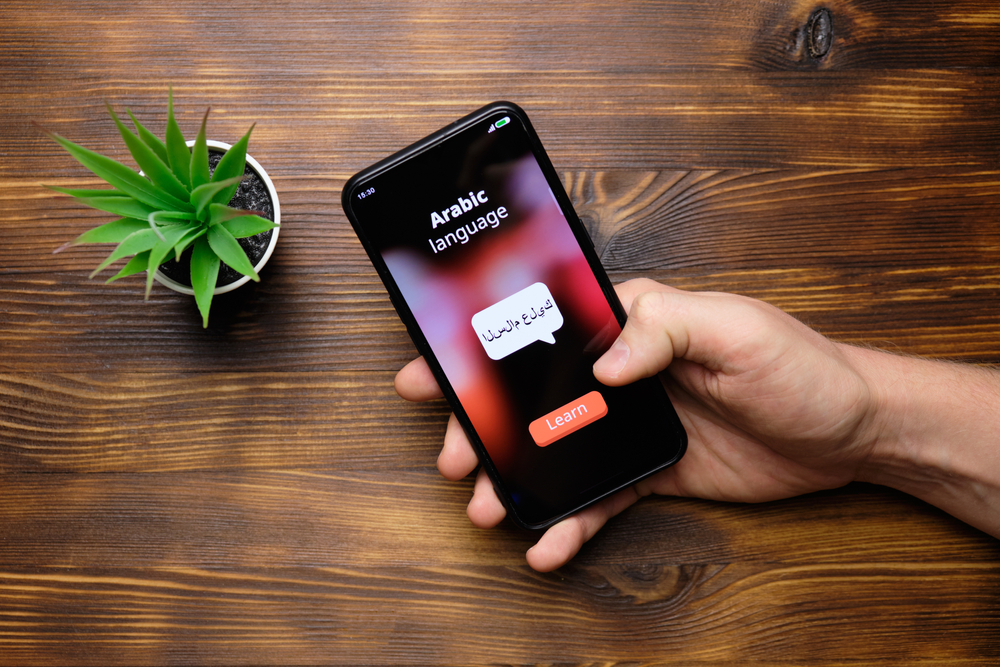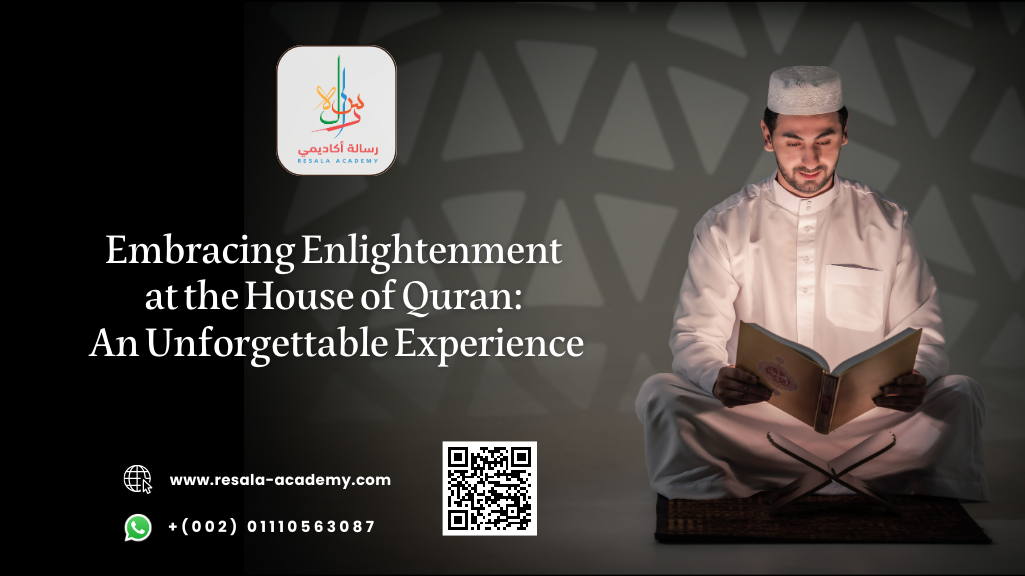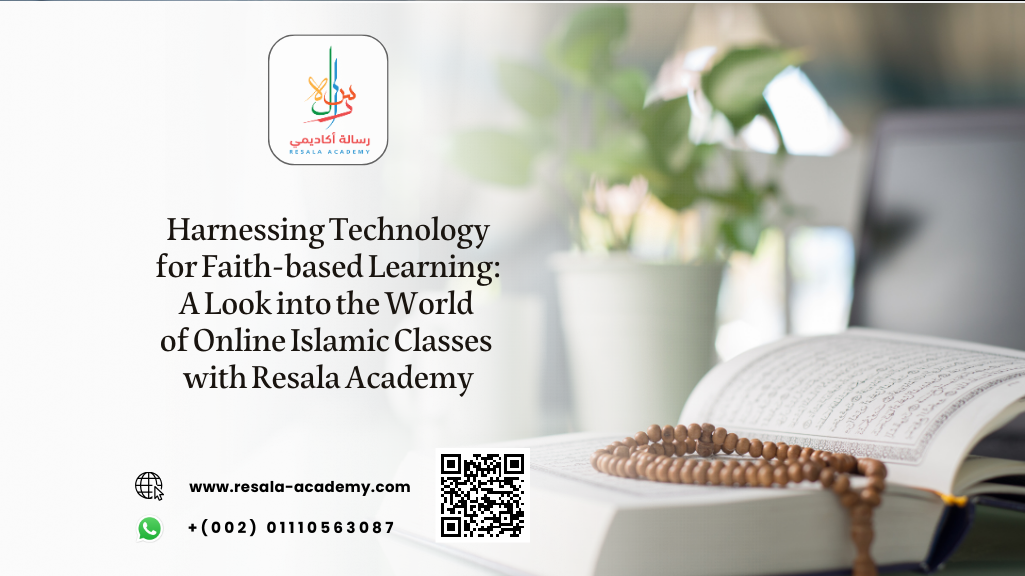Table of Contents
Overview
Arabic is one of the most widely spoken languages in the world and has been used for thousands of years. It’s also one of the six official languages of the United Nations. Although you may know a few facts about Arabic, here are 10 interesting things that you might not have known before…
1. There Are Over 300 Million Native Speakers
Arabic is the seventh most spoken language in the world with over 300 million native speakers. The figure rises to well over 400 million when non-native speakers are included. It is an official language in 26 countries and is spoken across a further four. The Arab League, an organisation representing Arab states, has 22 members and four observers who all use Arabic as an official language. Several varieties of Arabic are used across the world and differ somewhat in terms of pronunciation and vocabulary, but are all mutually intelligible. Modern Standard Arabic is widely used in print and broadcast media, as well as in education and religious contexts. Many works of classical Arabic literature are still read today, while Modern Standard Arabic is used to write news reports, poems, novels and plays. Due to its wide usage, many loanwords from other languages have been adopted into Arabic, contributing to its rich and unique vocabulary.
2. It’s One Of The Oldest Languages In The World
Arabic is thought to be one of the oldest languages in the world, with roots dating back to the early centuries CE. The language is most closely related to Hebrew and Aramaic, and it is believed that Arabic began to diverge from these other languages around the time of the Islamic conquests in the 7th century. Arabic has played an important role in the development of many other languages, particularly in the fields of science and religion. For example, Arabic was used as a lingua franca by scholars during the Golden Age of Islamic Civilization, and it has also been influenced by subsequent versions of the Quran. Today, Arabic is spoken by more than 422 million people across the globe, making it one of the most widely-spoken languages in the world.
3. There Are Different Dialects
Although Modern Standard Arabic is the official language of most countries, there are over 30 different dialects spoken in the Arab world. These dialects differ in grammar, syntax, and pronunciation between regions.
Different Arabic dialects can be found throughout the Arab world. While there are some similarities between them, each dialect has its own unique features. For instance, Moroccan Arabic is distinguished by its use of sounds that are not found in other dialects, while Gulf Arabic has a more guttural pronunciation. Egyptian Arabic is one of the most commonly spoken dialects, due in part to the large number of Egyptian media outlets. Jordanian Arabic also has a wide reach, as it is used in many popular Jordanian television shows. Regardless of which dialect you choose to learn, studying Arabic can be a rewarding experience. Through learning the language, you will gain insight into the culture and history of the Arab world. You will also be able to communicate with people from a wide range of backgrounds.
4. It’s Written from Right to Left
An interesting fact about Arabic is that it’s written from right to left. This is unlike English which is written from left to right.
5. It Uses Its Own Alphabet
Arabic also has its own alphabet, called the abjad script. This script consists of 28 characters and is used for both writing and reading in Arabic.
6. There Are No Capital Letters
Unlike English, Arabic does not have any capital letters. Instead, the length of the word is used to distinguish between words that are written in all lowercase.
7. There Are More Than Just Arabic Words
Arabic also has words borrowed from other languages such as Persian, Turkish, and Greek among others. This makes it a unique language with an expansive vocabulary.
8. It Has Been Influential In Other Languages
Arabic also has had a major influence on other languages, especially in Europe. Words such as “coffee” and “magazine” are derived from Arabic words!
Arabic is a fascinating language that has had a profound impact on other languages from around the world. Perhaps its most noteworthy contribution is its influence on the development of the alphabet. The Arabic alphabet, which is also used in Persian, Urdu, and Pashto, among other languages, was developed from the Aramaic alphabet. It is believed that this alphabet was first used to write Arabic during the reign of the Umayyad Caliphate (661-750 CE). The Arabic alphabet has also influenced the Latin, Cyrillic, and Greek alphabets. In addition to its contributions to the alphabet, Arabic has also loaned words to many other languages. English, for example, has borrowed words like “admiral,” “cashmere,” and “zenith” from Arabic. These loanwords are often indicative of the cultural and historical ties between Arabic-speaking countries and the rest of the world. It is clear that Arabic has had a significant impact on the development of language over the centuries.
9. There Are Many Poems Written in Arabic
Arabic is home to many beautiful poems and literature, including the famous Rubaiyat of Omar Khayyam.
The popularity of Arabic poetry is largely due to the fact that it is an effective way of communicating emotions and ideas. The use of metaphor and simile allows poets to paint vivid pictures in the mind of the reader, and the evocative nature of Arabic poetry often mirrors the emotions of the poet. Arab poets have been writing poetry for centuries, and their work covers a wide range of topics, from love and loss to politics and religion. While many poems are written in classical Arabic, there is also a growing body of work written in colloquial Arabic, which allows poets to reach a wider audience. Whether written in formal or colloquial Arabic, Arabic poetry provides a window into the soul of the Arab people.
10. It’s Also Used for Business
Arabic is also an important language for business as it’s used in many countries throughout the Middle East and North Africa. For example, it’s spoken in countries such as Saudi Arabia, United Arab Emirates, and Qatar.
When people think of Arabic, they often think of it as a religious language. While it is true that Arabic is the language of the Quran, it is also widely spoken in the business world. In fact, Arabic is one of the most commonly used languages in international business. This is due in part to the fact that Arab countries are major players in the global economy. But it is also because Arabic is a language with a rich history and a wide variety of dialects. As a result, it is well suited for conducting business dealings in a variety of cultural contexts. Whether you are looking to do business in the Middle East or North Africa, learning Arabic can give you a significant competitive advantage.
Arabic is an interesting language with a rich history and many interesting facts. If you’re interested in learning more about Arabic, there are plenty of resources out there to help you get started!
The Arabic language can be seen as an important language. It has many native speakers, is one of the oldest written languages and has its own alphabet. There are also other interesting facts such as the lack of capital letters and right-to-left writing style which make it a fascinating language to learn. Additionally, it has been influential in other languages, has many poems written in it and is used for business in some countries. All of these details make Arabic a language worth studying and appreciating.
Overall, the Arabic language is an important part of world culture and history. It has had a major impact on other languages and continues to be used today. With its interesting facts, literature, and influence, the Arabic language is worth studying and gaining knowledge about. With the right resources, anyone can start learning Arabic and explore its fascinating history and culture.
FAQ
Q: What is the Arabic language?
A: The Arabic language is an ancient Semitic language that is spoken by over 300 million people worldwide. It was first written in the 7th century CE and has its own alphabet. It is also one of the most widely spoken languages in the world, with speakers located in North Africa, the Middle East, and beyond.
Q: What is unique about the Arabic language?
A: The Arabic language has several features that make it unique, such as its lack of capital letters, right-to-left writing style, and influence on other languages. Additionally, there are many beautiful poems and literature written in this language as well as its use in international business.
Q: How can I learn Arabic?
A: There are many resources available to help you learn the Arabic language, including online classes, books, podcasts, and more. Additionally, it is important to have a good understanding of the culture and history of the Arabic-speaking world in order to gain a true understanding of the language.
Q: What are some benefits of learning Arabic?
A: Learning Arabic can open up many new opportunities, both personal and professional. It could allow you to interact with people from different cultures, give you access to literature written in this language, and provide insights into international business dealings. Furthermore, knowing the language can give you a competitive edge in the global economy.
Q: What are some interesting facts about Arabic?
A: One of the most interesting facts about Arabic is that it is one of the oldest written languages in the world and has its own alphabet. Additionally, it does not have any capital letters and is written from right to left, which sets it apart from most other languages. Furthermore, Arabic has had a major influence on many other languages and continues to be used in business today.
Conclusion
Overall, the Arabic language is an important part of world culture and history. It has had a major impact on other languages and continues to be used today. With its interesting facts, literature, and influence, the Arabic language is worth studying and gaining knowledge about. With the right resources, anyone can start learning Arabic and explore its fascinating history and culture.
So if you’re interested in getting to know this beautiful language, why not get started today? With the right resources, you can be on your way to mastering the Arabic language in no time! Good luck!




